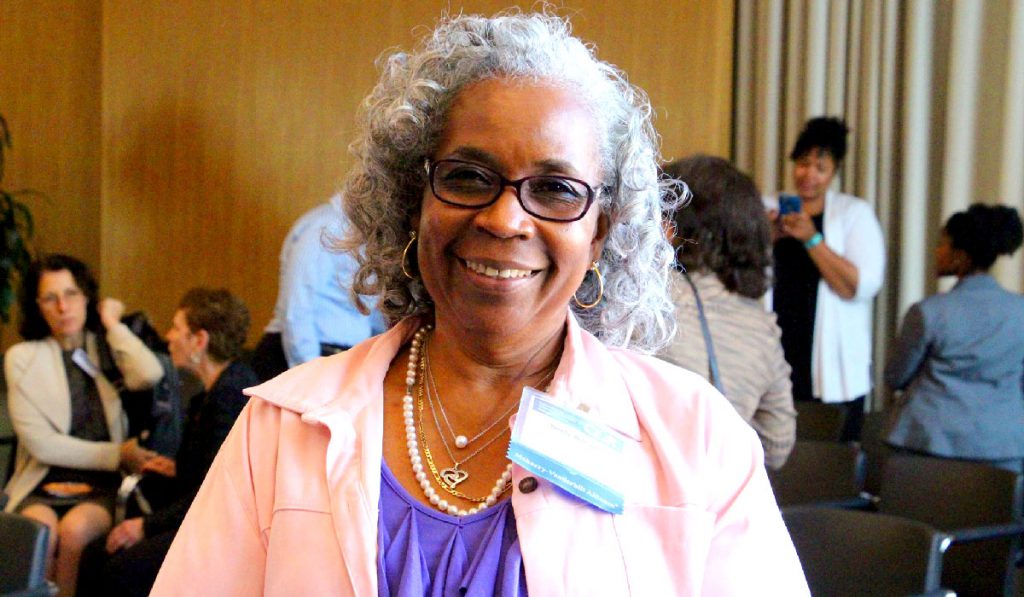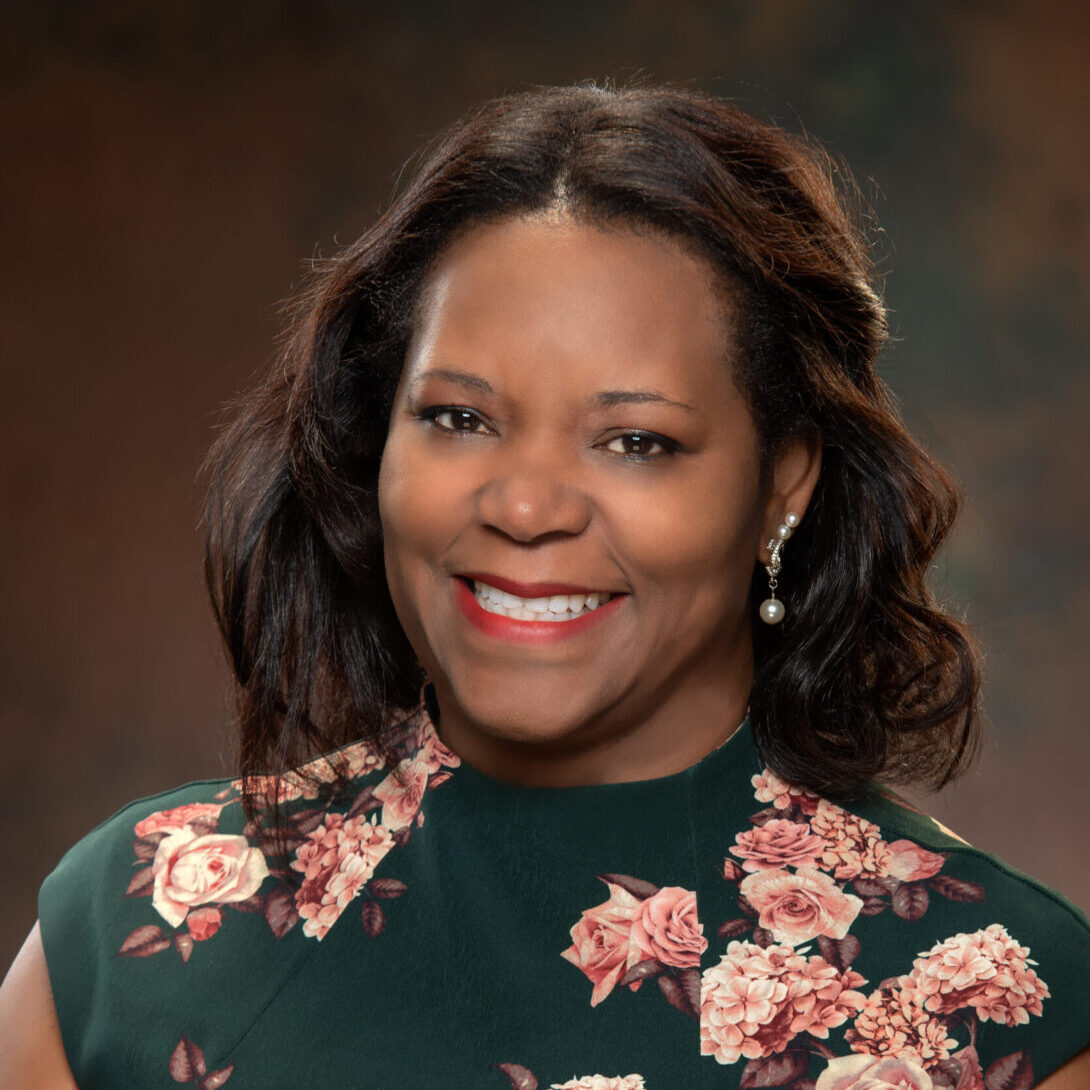Clinical researchers inevitably rely on community members to participate in studies, but there is immense value to seeking a deeper engagement with community stakeholders, says Consuelo H. Wilkins, M.D., an associate professor of medicine and Vice President for Health Equity at Vanderbilt University Medical Center.
“New interventions and prevention strategies can’t be based on what we think affected people want. Research should consider the needs, priorities and values of the people we’re trying to impact,” said Wilkins. “We need to hear and learn by engaging directly.”
From ‘Patient-Centered’ to ‘Person-Centered’
“‘We’re only patients the short time we’re at the doctor. The rest of the time we’re people.'”
Wilkins studies the science of community engagement. She leads several initiatives at Vanderbilt, and created the Person-Centeredness of Research Scale as a tool for researchers anywhere. In only a few questions, the scale rates the degree to which a project is aligned with the values of the patients, families and individuals within the broader community studied.
Her choice to switch semantics from “patient-centered” to “person-centered” stems from community input, Wilkins explains. “People said to us, ‘you keep referring to us as patients. But we’re only patients the short time we’re at the doctor. The rest of the time we’re people.’”
Addressing Community Trust, Consent and Capacity
Many factors contribute to a demonstrated lack of trust in medical research among some racial and ethnic minorities, Wilkins says. These include the inherent imbalance of power between researchers and community members, discrimination in health care and the history of unethical biomedical research.
Wilkins’ research has shown enhanced communication strategies such as tailored advertising and meeting at key community locations can help facilitate effective engagement. “The most effective approach is to develop community-specific strategies,” she says.
To understand kidney disease screening perceptions among black Americans, for example, Wilkins joined a research team led by Ebele Umeukeje, M.D., of the Vanderbilt Center for Kidney Disease, to conduct a series of focus groups in churches. The team found provider-delivered, culturally sensitive education is critical to increase trust and participation among black Americans considering screening.
“Building trust may be especially important for researchers who must carefully consider consent and capacity.”
Geriatric medicine faces many of the same challenges, as older adults are often underrepresented in clinical research. Wilkins’ approach to building trust may be especially important for researchers who must carefully consider consent and capacity when engaging with these individuals. “Relationship building and developing trust between the patient, family and the physician is paramount in geriatric medicine,” said Laura Dugan, M.D., Abram C. Shmerling, M.D. Chair in Alzheimer’s and Geriatric Medicine at Vanderbilt.
“For example, we are currently conducting a study to reduce unnecessary medications among older adults who are hospitalized at VUMC. Our intervention directly involves the patient in the decision-making process about their medicines and, when appropriate, their family member or friend who may be involved in helping them manage their medicines at home.”
Returning Value to the Community
Wilkins also directs the Meharry-Vanderbilt Community Engaged Research Core. The core is a strategic partnership between Meharry Medical College and Vanderbilt Institute for Clinical and Translational Research focused on uniting academic and community stakeholders. Through the research core, both the public and researchers can access training modules, consultations and even funding to support community-engaged research.
In Wilkins’ research, community members help gather and publish study results. She often hires community members to be part of her research team, as paid consultants with work assignments and decision-making power. “We’ve trained community members to do qualitative analysis and coding for some of our projects,” Wilkins said. “I’m hoping their perspectives will reveal things we haven’t seen.”
Wilkins has seen that effective community engagement keeps teams focused on relevance, impact and the big picture. “The most common thing that community members want to know is ‘so what?’ That’s often what the clinicians want to know as well,” Wilkins said.
Video courtesy of the Patient-Centered Outcomes Research Institute (PCORI). Used with permission. More information about PCORI can be found at www.pcori.org.






